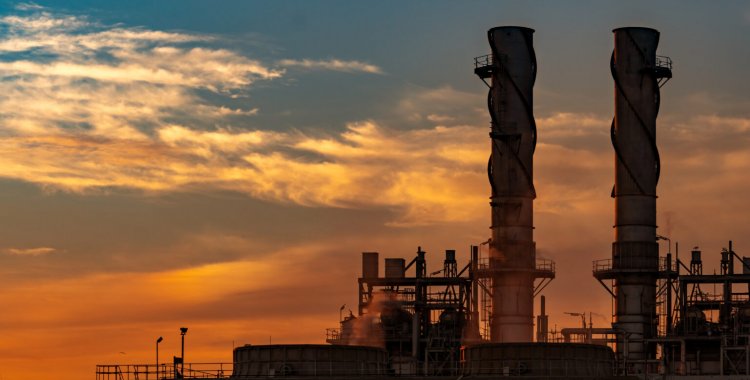The World Bank does not specifically address the reasons for Angola's growth, encompassing this Portuguese-speaking country in the set of sub-Saharan African economies, and only details the forecast values for economic growth between 2019 and 2023.
"Production in sub-Saharan Africa grew by an estimated 3.5 percent in 2021, fueled by a recovery in raw material prices and an easing of restrictions" in the context of the covid-19 pandemic, the report reads.
"The recovery remains fragile and insufficient to reverse the increase in poverty due to the impact of the pandemic, and the threat of recurrent outbreaks of Covid-19 continues", which makes the growth forecast almost a percentage point below the estimate for 2019 and 2020, it is also pointed out in the document.
In the report, the World Bank says that the three largest economies in the region (Nigeria, South Africa and Angola) are expected to have grown by 3.1 percent last year, which reflects an improvement on previous estimates, and points out that the growth of Angola and Nigeria were supported by the recovery in the non-oil sector, "with oil production in the region continuing to remain below pre-pandemic levels due to disruptions in maintenance work and the decline in investments in extractive industries".
The pandemic, they add, "has reversed progress on poverty reduction and on several flagship development goals across the region, undoing more than a decade of gains in per capita income in some countries."
In Angola, Nigeria and South Africa, among others, per capita income "is expected to remain lower in 2022 than it was a decade ago", economists warn.
Among the main risks identified in the report, the World Bank highlights poverty, food insecurity, rising food prices and geopolitical tensions, which "can affect consumer sentiment and slow growth".
In particular, the World Bank points out that "a substantial moderation in world growth could trigger a significant downward correction in raw material prices, harming the region's oil and metals producers".
Among the risks identified, the World Bank points out that countries that face difficulties in debt sustainability may have more difficulty in accessing international financing, which would motivate abrupt budgetary adjustments.
Low vaccination rates against Covid-19 also pose the threat of "recurrent and more severe outbreaks", and the institution further warns that "the prolonged pandemic could amplify past developments and health challenges, derail structural and budgetary reforms". , and result in lasting losses of human capital".







